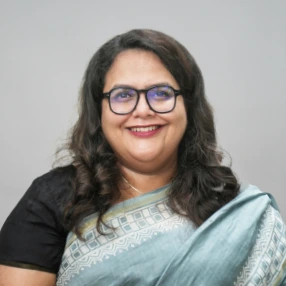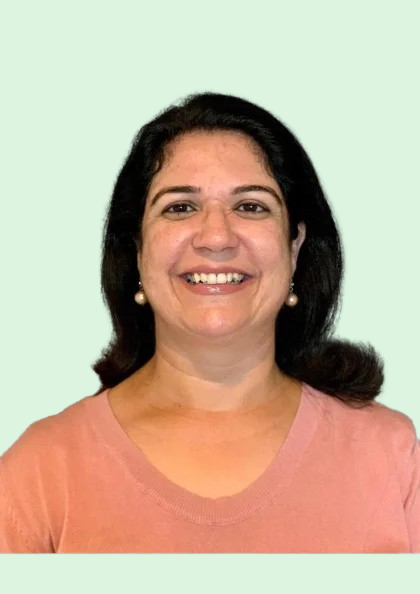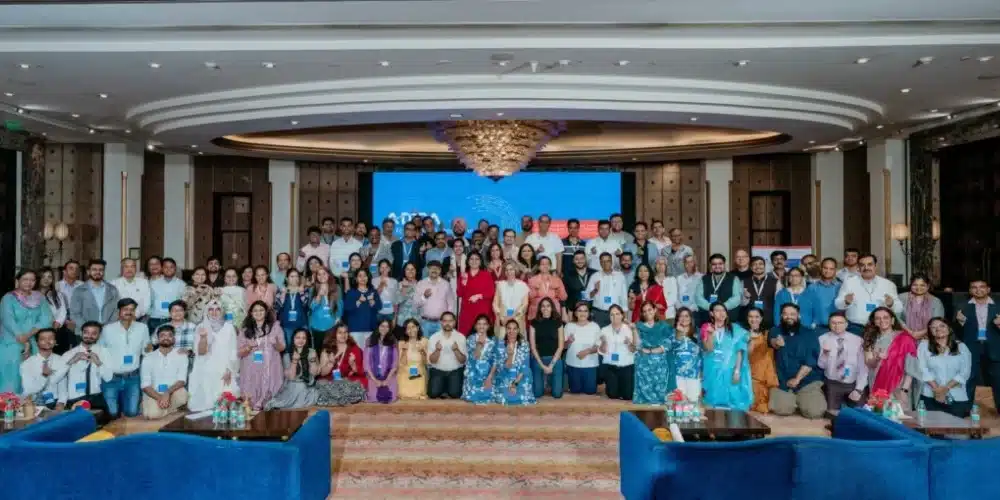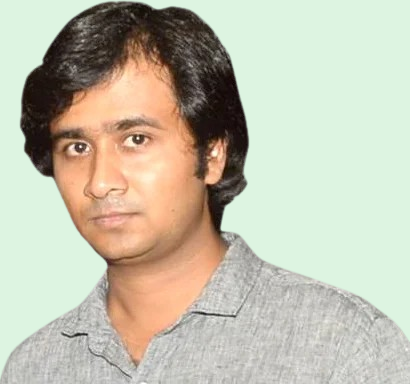Let’s talk about PCOS!
With the WHO estimating that 6-13% of reproductive-aged women are affected by PCOS globally, many of us would probably know of at least one person who has reported having the condition.
Author
Author
- admin / 5 months

- 0
- 3 min read
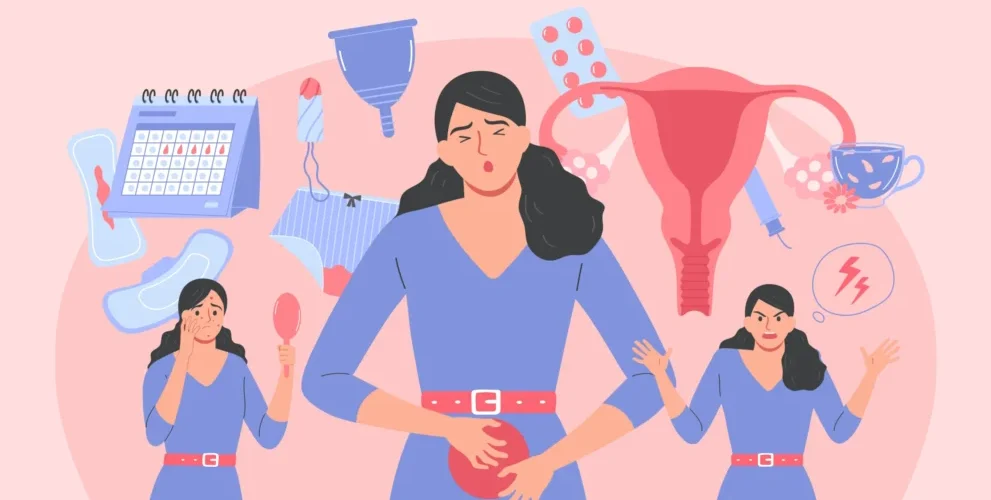
Author
Acne. Facial hair. Weight gain. Irregular periods. Infertility.
These are the struggles of many women of menstruating age across the world. Many of them have a condition called Polycystic Ovarian Syndrome (PCOS; not be confused with PCOD). With the WHO estimating that 6-13% of reproductive-aged women are affected by PCOS globally, many of us would probably know of at least one person who has reported having the condition. In fact, in India, the prevalence is even higher—about 1 in 5 Indian women are said to be suffering from PCOS in this country.
However, the WHO fact sheet, also points to a far more disturbing issue- “up to 70% of affected women remain undiagnosed worldwide.”
At First Check, we have seen that women’s health issues are often understudied, under researched, underfunded and neglected. PCOS is no different. A study from Canada noted that “studies have found delays with the diagnosis of PCOS and gaps in knowledge in physicians regarding the diagnosis and management of PCOS.”

In fact the history of the condition shows you that it has been wrought with contentions from the start. Though there are references to women with “meagre” menstruation, “masculine appearance,” and an inability to bear children even in Hippocrates’ “Diseases of Women,” it was only in 1935 that Stein and Leventhal finally “described the clinical history of 7 women afflicted with menstrual disorders, hirsutism, and infertility” who had enlarged ovaries.
Despite this, it would only be in the early 1990s that a “formal diagnostic criteria” for PCOS would be conceptualised. In fact, the current Rotterdam criteria used to diagnose PCOS is from 2003.
And despite its prevalence, its research is still largely underfunded. According to the US’ National Institutes of Health, of the over 300 medical conditions that receive federal funding for research, PCOS received some of the least amount of money— about 9 million USD in 2024. This is in keeping with funding trends that show ailments that are more prevalent among women, receive much less funding, compared to the case burden.
At First Check we aim to shed more light on such conditions that have been shrouded in lack of credible information, misinformation, and even neglect—including women’s health related matters like PCOS.
Because we understand that healthy societies are built on the back of healthy women- and we can ensure the health of our women only by first ensuring that people have access to credible, verified, and trustworthy information about women’s health.
Because. Women’s Health Also Matters!
And yes! I am happy to hear from you!





